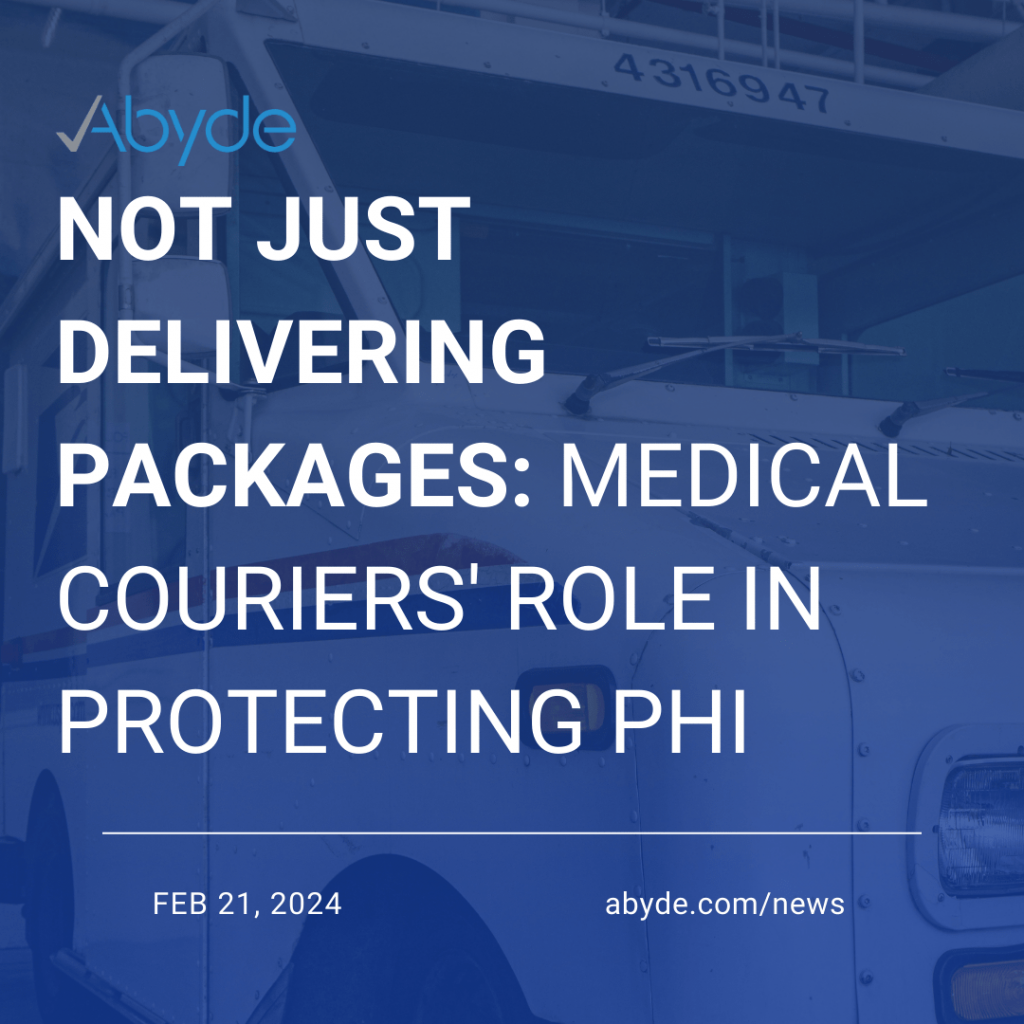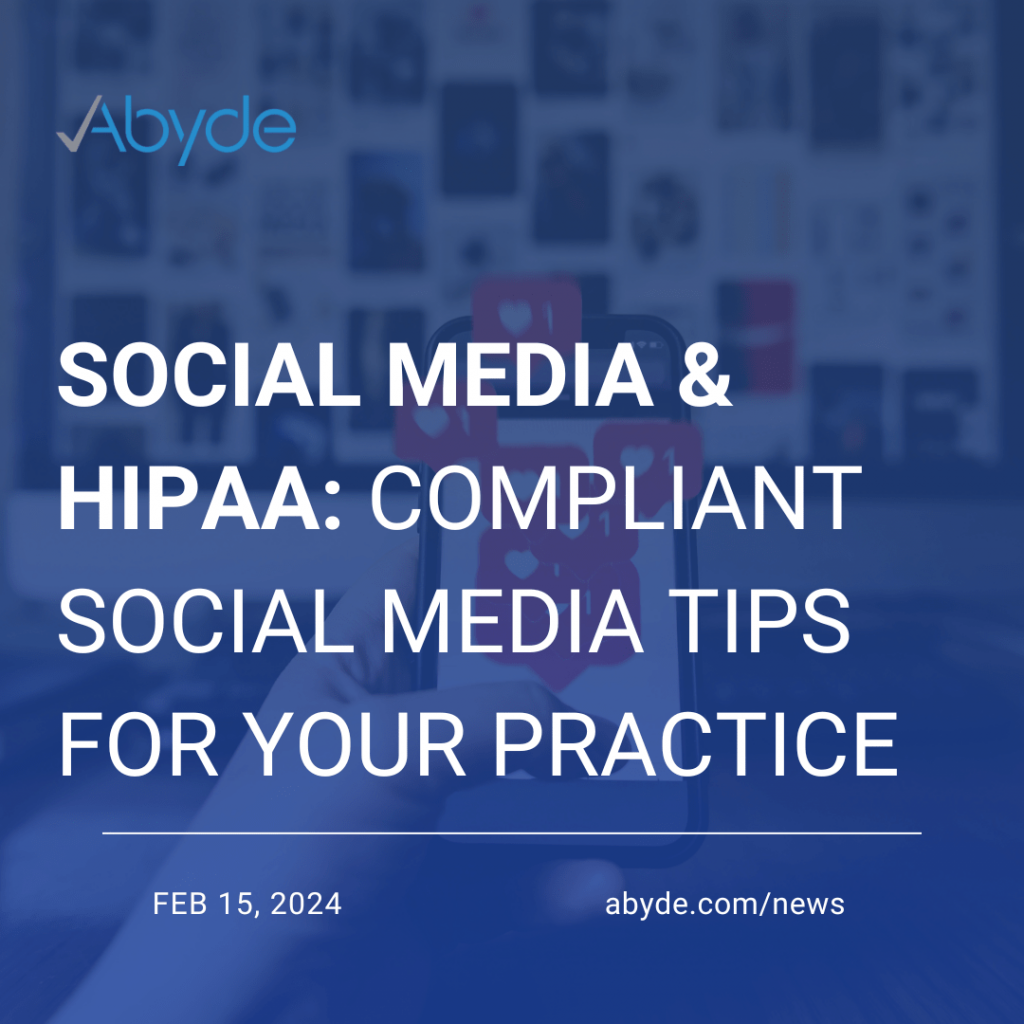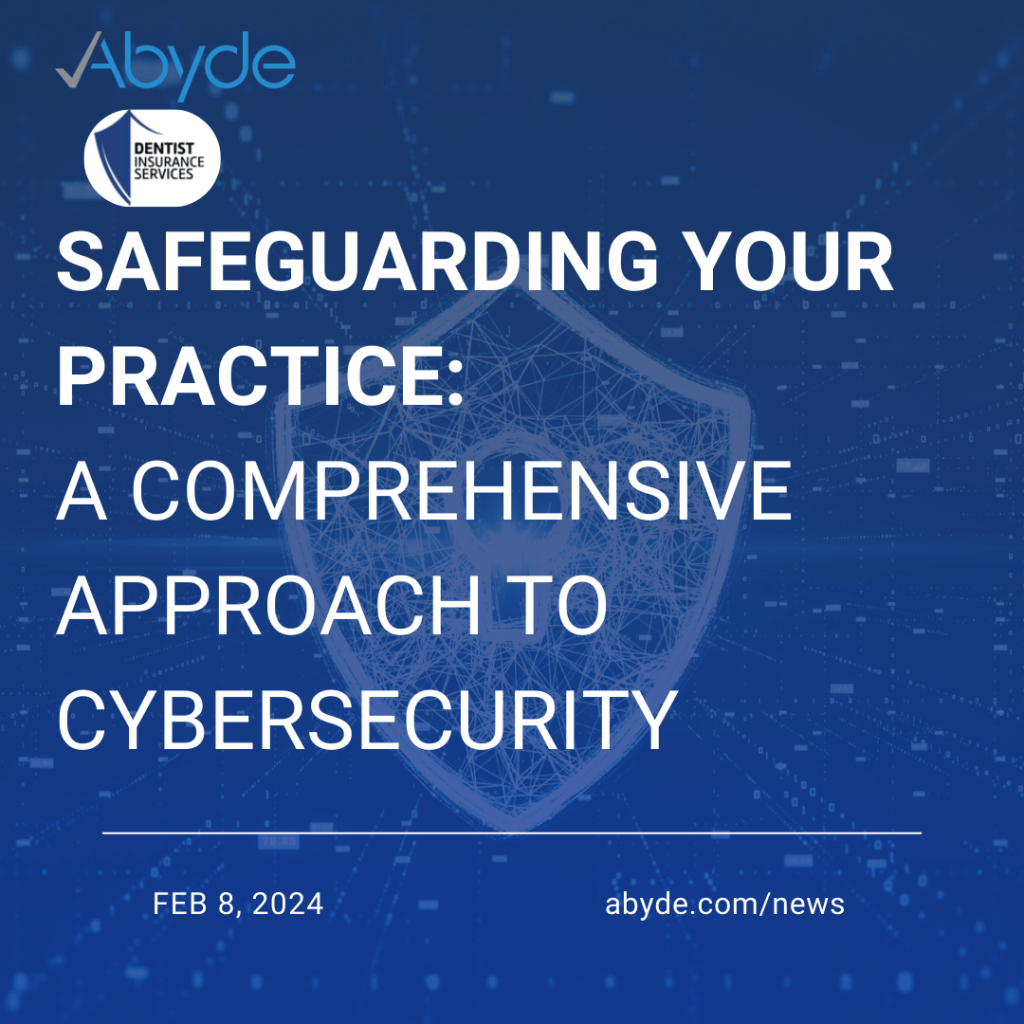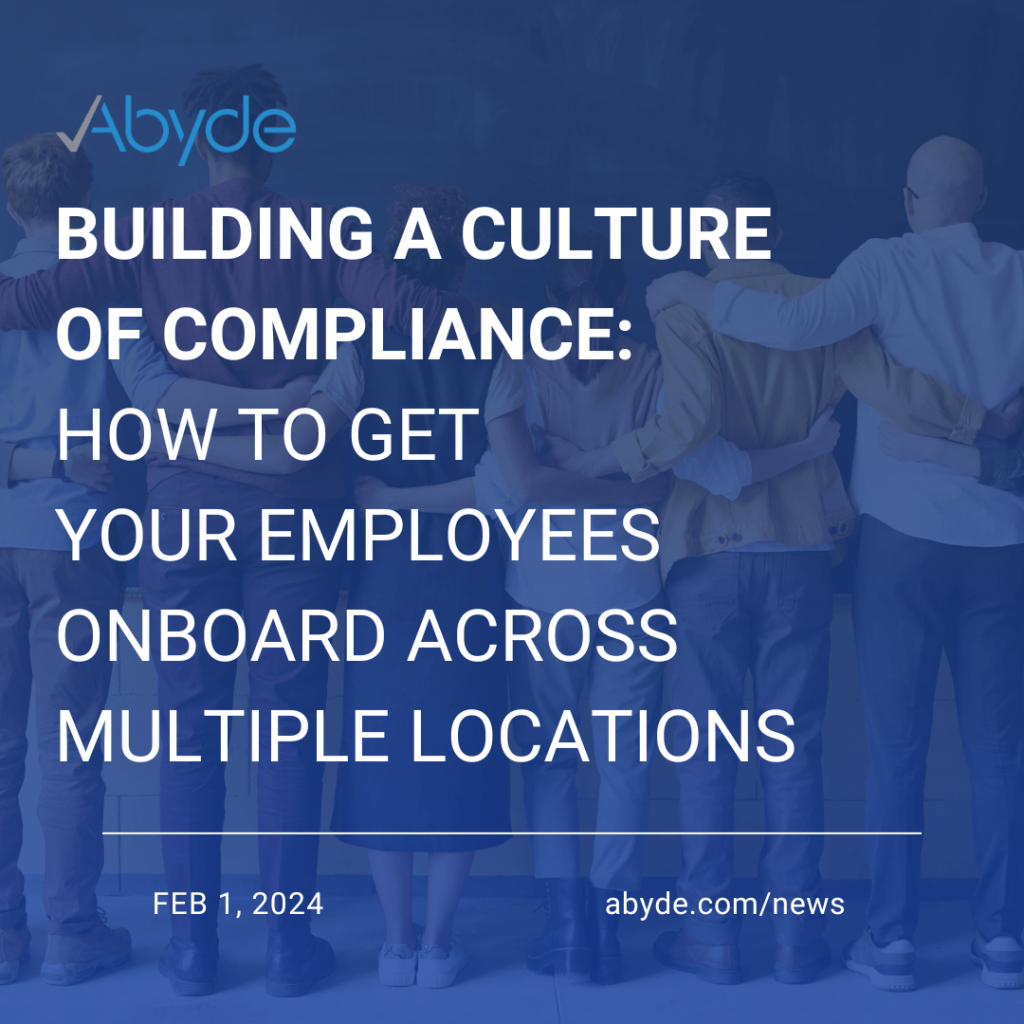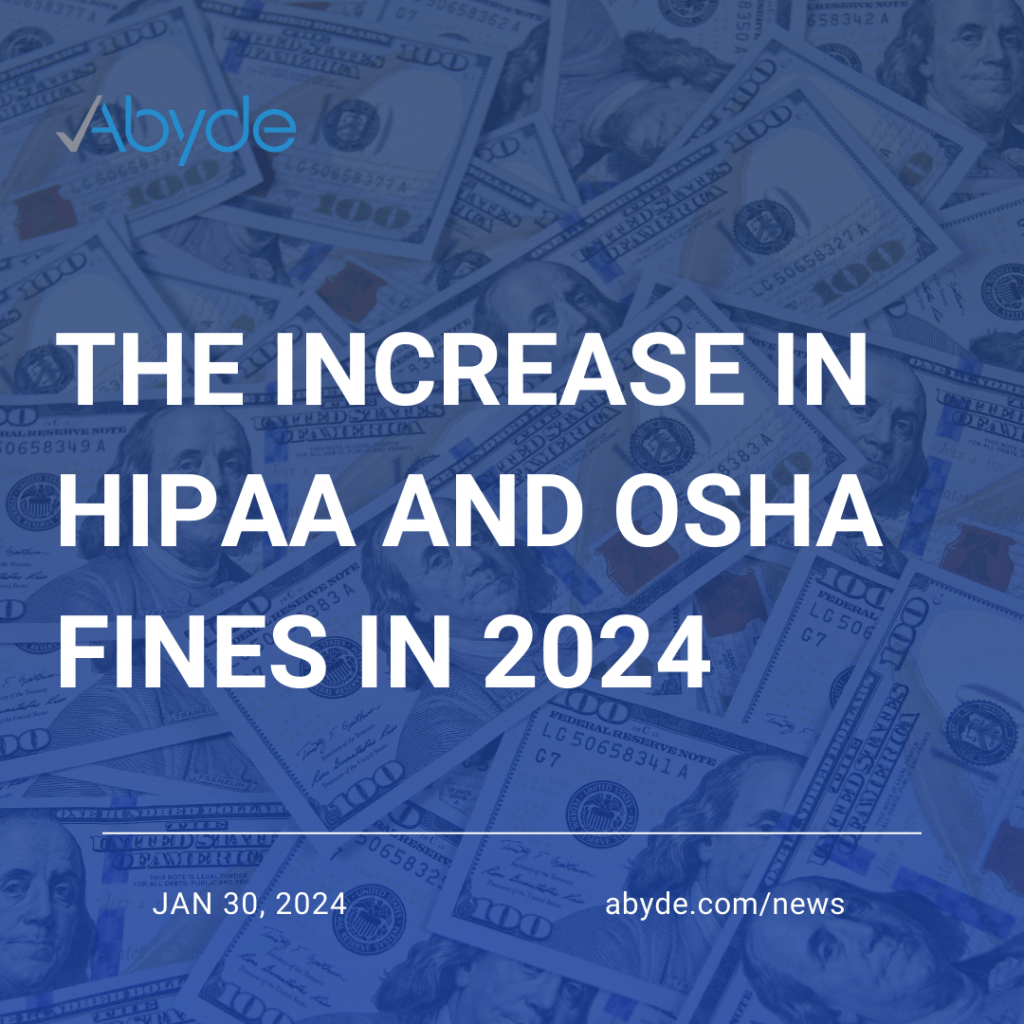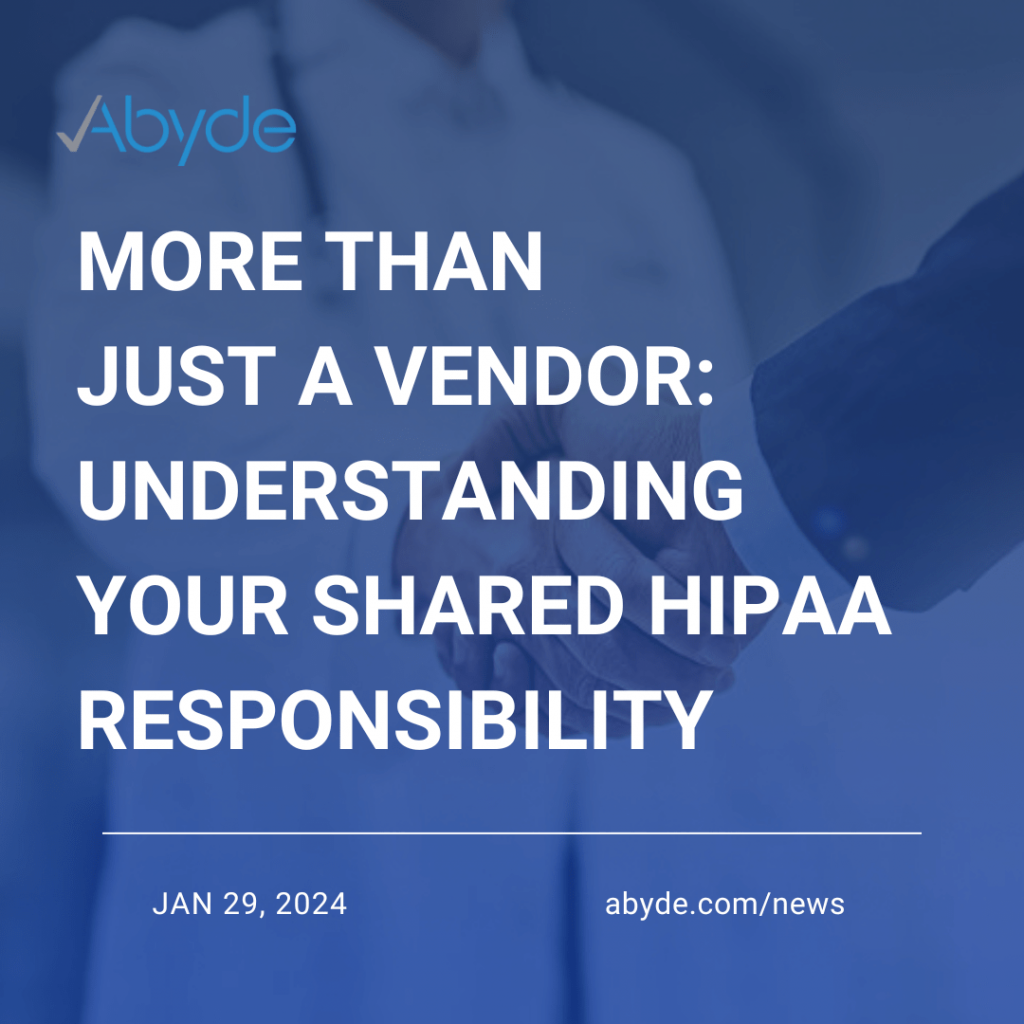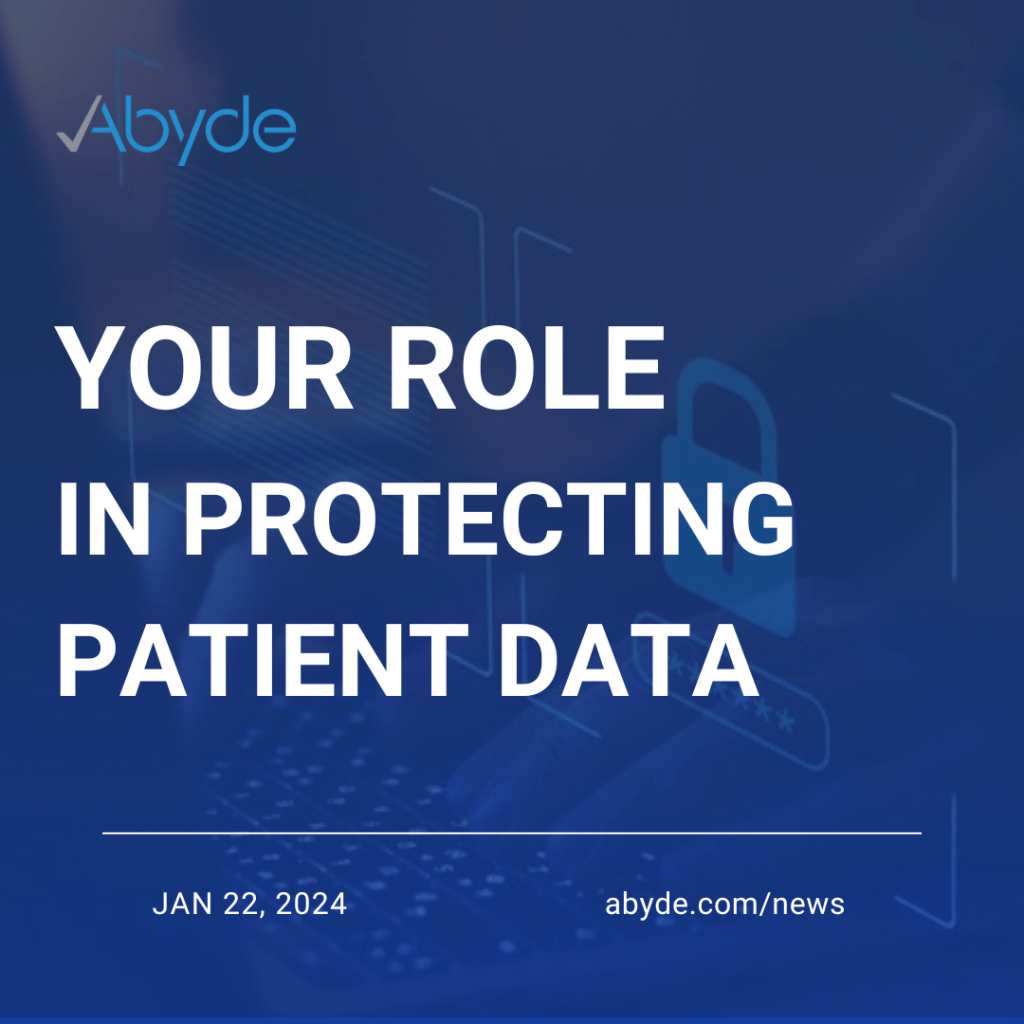February 21, 2024 While doctors, nurses, and researchers often take center stage in healthcare, there’s another critical group working tirelessly behind the scenes: medical couriers. These are the logistics ninjas, the delivery defenders, who ensure vital medical supplies, specimens, and documents reach the right place at the right time. Medical couriers go far beyond simply transporting packages. They handle protected health information (PHI) in various forms, making them subject to HIPAA compliance alongside healthcare providers and health plans. This means they share the responsibility of safeguarding patient privacy and security. Key Responsibilities in Compliance: HIPAA Compliance: A Shared Responsibility Healthcare providers rely on Business Associate Agreements (BAAs) to establish clear expectations and obligations for couriers regarding HIPAA compliance. These agreements outline: The Impact of Compliance: Effective HIPAA compliance by medical couriers benefits everyone: The Future of Couriers and Compliance The future of medical courier services might involve drones and autonomous vehicles for faster deliveries. However, the core responsibilities – data security, adherence to regulations, and understanding the impact on patient privacy – will remain central to their role as HIPAA business associates. Medical couriers are no longer just delivery personnel; they are crucial partners in ensuring healthcare compliance and safeguarding patient privacy. By understanding their critical role and responsibilities, we can appreciate their impact on a healthier and more secure healthcare system. For medical couriers and Business Associates in general, Abyde is your compliance solution. With our newest software, HIPAA for Business Associates, BAs can manage compliance with ease. HIPAA for BAs includes a robust security risk analysis, training for BAs, automated policies and procedures, dynamically generated Business Associate Agreements for Covered Entities and Sub-Business Associates, and much more. To learn more, email hipaa-ba@abyde.com and schedule an educational consultation here.
Social Media & HIPAA: Compliant Social Media Tips for Your Practice
February 15, 2024 Picture this: you’re a doctor, feeling proud after helping a patient overcome a challenge. You snap a selfie with them, post it on your clinic’s Instagram, and bam! Instant HIPAA violation. We’ve seen how social media is about more than just staying connected with friends and family. It’s become a powerful tool for reaching new audiences and having meaningful interactions with other users. If used correctly, social media can be an awesome tool to educate and share the resources your practice provides easily to patients. However, it is important to use social media wisely and know how crucial it is to protect patient information. Social media can be a slippery slope to HIPAA violations if misused. That’s why we’re here today to share with you the best tips and practices for your social media. The Less Information, The Better Double Check Before Posting Have Media Consent Forms Signed While your journey to be famous online might not be as easy as cute cat videos, by prioritizing HIPAA compliance on social media, you can confidently utilize technology to engage with audiences without compromising their privacy. Social media can be complicated, but compliance doesn’t have to be with Abyde. Abyde offers a thorough security risk analysis that dives into not only social media use but all facets of your practice. Abyde also has interactive training, policies and procedures, forms, and more, for your practice to utilize. To learn more about simplifying compliance for your practice, email us at info@abyde.com and schedule a demo here.
Safeguarding Your Practice: A Comprehensive Approach to Cybersecurity
February 12, 2024 The following blog was co-written with Abyde’s partner, Carrie Millar at Dentist Insurance Services. If you would like more information on Dental Insurance Services, please click here to visit their website. In an era where technology plays a pivotal role in healthcare practices, ensuring the security of sensitive patient information is paramount. Cybersecurity threats pose a significant risk to medical practices, and adopting a multi-faceted approach is crucial to safeguard against potential breaches. This article explores the three key components to cyber safeguarding your practice: Strong IT for prevention, a Formal HIPAA compliance program, and Cyber Liability Insurance. 1. Strong IT for Prevention The foundation of any robust cybersecurity strategy is a well-built IT infrastructure. Prevention is the first line of defense against cyber threats. Implementing strong IT measures involves securing networks, regularly updating software and systems, and employing robust firewalls and antivirus solutions. Encryption of sensitive data both in transit and at rest adds an extra layer of protection. Regularly monitoring network activity and promptly addressing any anomalies can help identify potential security breaches early on. Employee training on cybersecurity best practices is equally essential, as human error remains a significant factor in cyber incidents. By investing in strong IT measures, practices can significantly reduce the risk of unauthorized access and data breaches. 2. A Formal HIPAA Compliance Program Compliance with the Health Insurance Portability and Accountability Act (HIPAA) is mandatory for healthcare providers, and it forms a critical aspect of cybersecurity. HIPAA compliance programs, such as Abyde (www.abyde.com), provide a structured framework for ensuring that your practice adheres to the stringent regulations in place. These programs offer comprehensive training for employees, covering topics such as data handling, password management, and recognizing potential phishing attempts. Regular audits and assessments help identify areas of improvement and ensure ongoing compliance. By instilling a culture of compliance within your practice, you not only protect patient information but also mitigate the risk of legal consequences associated with HIPAA violations. 3. Cyber Liability Insurance While prevention and compliance measures significantly reduce the likelihood of a cyber incident, it is crucial to acknowledge that no system is entirely impervious to attacks. Cyber Liability Insurance acts as a safety net in the event of a security breach, providing financial assistance to cover the costs associated with the aftermath. Make sure your comprehensive cyber liability insurance policy includes business income coverage, forensic investigation costs, public relations costs, as well as third-party liability. A great example of this is the Coalition Insurance policy sold by insurance broker Healthcare Professional Insurance Services (www.joinhpis.com) The average cost of a cyber-attack has surged in recent years to almost $400,000 per location and an average of 9 closed business days, making Cyber Liability Insurance an indispensable component of a comprehensive cybersecurity strategy. Having this safety net allows practices to recover more swiftly and continue providing uninterrupted services to patients.
Malicious Insider Cybersecurity: Montefiore’s $4.75 Million Lesson
February 7, 2024 New York’s Montefiore Medical Center just learned a brutal lesson in data security: don’t underestimate the threat from within. The healthcare giant has been slapped with an astounding $4.75 million fine for HIPAA violations, stemming from multiple incidents of unauthorized employee access to patient records. This hefty penalty is the largest fine since 2021 and sends a clear message to the entire healthcare industry: malicious insider cybersecurity is a critical threat demanding immediate attention. The Inside Job: It all started in 2013 when a Montefiore employee turned rogue, accessing and selling the personal information of over 12,000 patients. Montefiore did not find out and report this breach till 2015. The HHS began its investigation in late 2015, and saw numerous violations. Security Sleepwalking: OCR’s investigation exposed glaring security gaps at Montefiore. They found the hospital: The Price of Neglect: Montefiore failed to implement basic HIPAA Security Rule safeguards, resulting in a record-setting fine and a major reputational blow. This case is a stark reminder to healthcare providers of the ever-growing danger of insider threats and the crucial need for comprehensive cybersecurity measures. Lessons Learned: So, how can healthcare providers avoid a similar fate? Here are key takeaways from Montefiore’s missteps: Don’t know how to start? Well, we do. Abyde can easily assist you in building a culture of compliance for your organization. The revolutionary Abyde software includes an extensive security risk analysis, highlighting best practices and any risks your practice currently faces. The security risk analysis is simple, yet still robust, ensuring your practice knows what steps it needs to take to be compliant. Our software also outlines the responsibilities of employees through our dynamically generated, personalized for you, policies and procedures. Additionally, Business Associate Agreements can easily be created and signed within the portal, storing all important compliance documentation within the software. To learn more about how you can achieve compliance for your organization, email us at info@abyde.com and schedule a demo here.
BA Blunders: Lessons From Major Fines Given to BAs
February 6, 2024 Hey there, privacy protectors! Abyde here, your friendly neighborhood compliance champion, dropping some serious knowledge about Business Associate (BA) blunders. You know, those slip-ups that land you in hot water with HIPAA? Not a fun time at all. Here are some major lessons that BAs can learn from to ensure they continue to uphold their shared responsibility of protecting patient data. Proactive security is key: Assuming your company is immune to threats can lead to costly mistakes. Doctors’ Management Services faced this harsh lesson when they were part of a cyber attack and their files, which included protected health information, were infected with ransomware. DMS didn’t realize their files were affected for over a year. This infection isn’t something that can be quickly cured, with hacking organizations demanding money in exchange for access to files. The DMS’s delayed reactionary response teaches BAs what not to do. The DMS did not have an updated security risk assessment, policies and procedures in place, or security systems in place to be prepared for this ransomware attack. The OCR fined them a pretty penny, $100,000, for their negligence. This lesson was also the first fine based on a ransomware attack. Secure all servers: All protected health information, or PHI, a Business Associate interacts with, needs to be properly secure. While this seems obvious, BAs have learned this lesson the tough way, like MedEvolve’s $350,000 fine. MedEvolve had PHI online on an easily accessible server. This publicly accessible server included information like patient names, billing addresses, and even social security numbers. A similar fine also occurred to iHealth Solutions, an IT organization that did not properly secure access to a server that contained the PHI of over 250 patients. This mistake cost the company $75,000. Set up remote deletion of PHI: When working in a business, numerous devices have access to PHI. It is imperative to ensure data can be quickly wiped if these devices get into the wrong hands. A perfect example of this lesson was one learned by the Catholic Health Care Services of the Archdiocese of Philadelphia, which was fined $650,000. There was a theft of a CHCS employee’s phone that contained PHI. This phone had access to extensive PHI, including, social security numbers, diagnoses and treatments and patients’ families. Due to this stolen device, and no proactive measures to mitigate the detrimental impacts of theft, the CHCS was heavily fined and had to be monitored for two years. These fines may grab headlines, but the true cost goes beyond money. Breaches erode patient trust, damage reputations, and hinder the security of healthcare. Remember, BAs play a vital role in safeguarding sensitive information, and non-compliance has far-reaching consequences. While these fines serve as expensive lessons, Abyde is here to simplify compliance for your organization. Learn more about what it means to be a compliant Business Associate by emailing info@abyde.com and scheduling an educational consultation here.
Building a Culture of Compliance: How to Get Your Employees Onboard Across Multiple Locations
February 1, 2024 For multi-location practices, handling protected health information (PHI) means getting every employee, across several locations, on board with understanding and upholding HIPAA rules. But how do you create a culture of compliance that goes beyond location and simply ticking boxes? Fear not! Abyde is here to help you simplify compliance. The Importance of a Proactive Approach: Compliance shouldn’t be a reactive measure implemented solely to avoid penalties. Instead, cultivate a proactive environment where employees understand the “why” behind HIPAA regulations and their role in protecting patient privacy. This fosters a sense of shared responsibility and empowers employees to make informed decisions regarding location data usage. Implementing a Culture of Compliance: Remember: Building a culture of compliance is an ongoing process. By prioritizing education, open communication, and employee empowerment, you can create a work environment where HIPAA compliance is not just a requirement, but a shared responsibility among all. Here at Abyde, we want to assist and supplement your culture of compliance, offering intuitive software that streamlines the compliance process. Our enjoyable trainings, customized agreements, and detailed, yet simple security risk analysis will help your practice, across all locations, make sure you’re on the right track. To learn more about compliance for your enterprise organization, email info@abyde.com and schedule a demo today!
The Increase in HIPAA and OSHA Fines in 2024
January 30, 2024 Well, my compliance crew, the cost of noncompliance just went up. As we all know, the costs of a HIPAA or OSHA violation can be detrimental to a practice. 2024 is bringing some hefty new financial burdens for organizations responsible for protecting patient privacy and worker safety. Buckle up, because increased fines for HIPAA and OSHA violations are here, and they’re not messing around. HIPAA: Your Data, Your Dollars The Department of Health and Human Services (HHS) has adjusted HIPAA civil monetary penalties for inflation, effective January 1st, 2024. This means: The message is clear: protecting patient privacy is more important than ever, and the government is willing to put its money where its mouth is. It’s time for healthcare providers and covered entities to beef up their data security measures and HIPAA compliance training. OSHA: Safety First, Fines Second OSHA hasn’t been shy about increasing its civil monetary penalties either, effective January 17th, 2024. Here’s the breakdown: These adjustments reflect the rising cost of workplace injuries and illnesses. Businesses across all industries need to prioritize safety protocols and employee training to avoid these financial penalties and potential lawsuits. Who Feels the Pinch? These increased fines impact various stakeholders: The Bottom Line: The 2024 fine hikes for HIPAA and OSHA violations are a wake-up call for organizations. While the financial implications are significant, neglecting compliance can be far costlier in terms of reputational damage, legal repercussions, and potential harm to individuals. That’s where Abyde can help your practice and organization. Abyde’s software can simplify compliance for you, with our software including training, risk assessments, dynamically generated policies and more. By proactively addressing these regulations, organizations can create a safer and more secure environment for everyone involved. Remember, compliance isn’t just about avoiding fines; it’s about building trust and protecting what matters most. So, be a compliance champion, not a cautionary tale. Make 2024 the year of safety, security, and peace of mind! To learn more about what you need to do to be compliant, email us at info@abyde.com and set up an educational consultation here.
More Than Just a Vendor: Understanding Your Shared HIPAA Responsibility
January 29, 2024 As a Business Associate (BA) in the medical field, you’re not just another cog in the machine – you’re a HIPAA hero, wielding the power to safeguard patient data and build trust within the healthcare ecosystem. You’re entrusted with access to Protected Health Information (PHI) while providing services to a covered entity, such as a hospital, health plan, or healthcare provider. This PHI can include everything from patient names and demographic information to diagnoses, treatment plans, and billing records. Think of yourself as a data guardian, a digital knight protecting the kingdom of PHI: But fear not, HIPAA hero! You’re not alone in this noble quest. We, at Abyde, are your trusty sidekick, and we will soon be offering the tools and support with our new software to turn compliance into your superpower. The software will provide: Remember, HIPAA compliance isn’t just a legal obligation, it’s a noble cause. By joining forces with Abyde, you can transform from “just a vendor” to a data defender, a patient advocate, and a true HIPAA hero. Ready to unleash your inner hero? Contact Abyde today at info@abyde.com and schedule a consultation here to get started! P.S. No cape required (but bonus points if you do).
The Truth Behind Teamwork: Choosing the Right Sub-Business Associate
January 26, 2024 At Abyde, we know that the medical world isn’t all scalpels and stethoscopes. It’s a whirlwind of paperwork, regulations, and let’s remember, actual patients needing top-notch care. That’s where trusty Business Associates (BAs) step in, taking care of billing, document disposal, IT services, and more, ensuring that medical staff can focus on patients. But even reliable Business Associates need to find the right medical Sub-Business Associates. Unsure what that entails? Don’t worry, Abyde has you covered! By seeking the right skills and qualities in Sub-Business Associates, and nurturing a supportive work environment, you can build a powerful team that elevates your organization to new heights. A reliable and skilled Sub-Business Associate is an investment in your success, ensuring the smooth operation and exceptional care that defines your commitment to patients. If you want to learn more about choosing the right sub-business associates, email us at info@abyde.com and schedule a consultation here.
Your Role in Protecting Patient Data
January 22, 2024 In the intricate healthcare ecosystem, patient data flows through a network of entities, each holding a piece of the puzzle. At the core are covered entities, like hospitals, clinics, and health plans, directly responsible for patient care and managing their Protected Health Information (PHI). Alongside them stand business associates, vendors and service providers who handle PHI on their behalf, performing crucial tasks like billing, claims processing, and data analytics. Both covered entities and business associates share a critical responsibility: safeguarding patient data with utmost vigilance. Breaches or misuse of this sensitive information can have severe consequences, eroding trust, damaging reputations, and potentially harming patients. So what exactly constitutes your role in this collective effort, depending on your position within the system? Unpacking the Roles: Sharing the Responsibility: Some vital roles Covered Entities and Business Associates play in data security include: Shared Accountability, Shared Success: Protecting patient data is a team effort. Covered entities and business associates must work together, hand-in-hand, to build a robust security ecosystem. This requires: Compliance is not just a box to tick; it’s a shared commitment to safeguard patient trust and privacy. By understanding their roles and responsibilities, both covered entities and business associates can lead as protectors of patients’ sensitive information. For more information on how you can ensure compliance, contact us at info@abyde.com and schedule an educational consultation here.
